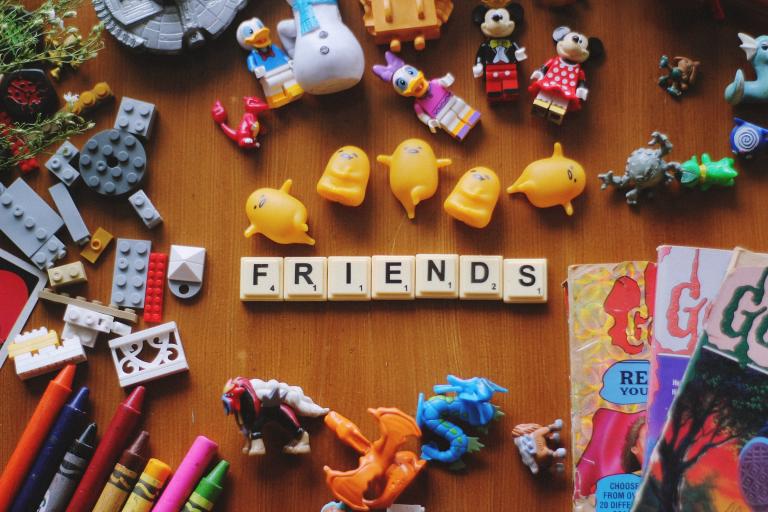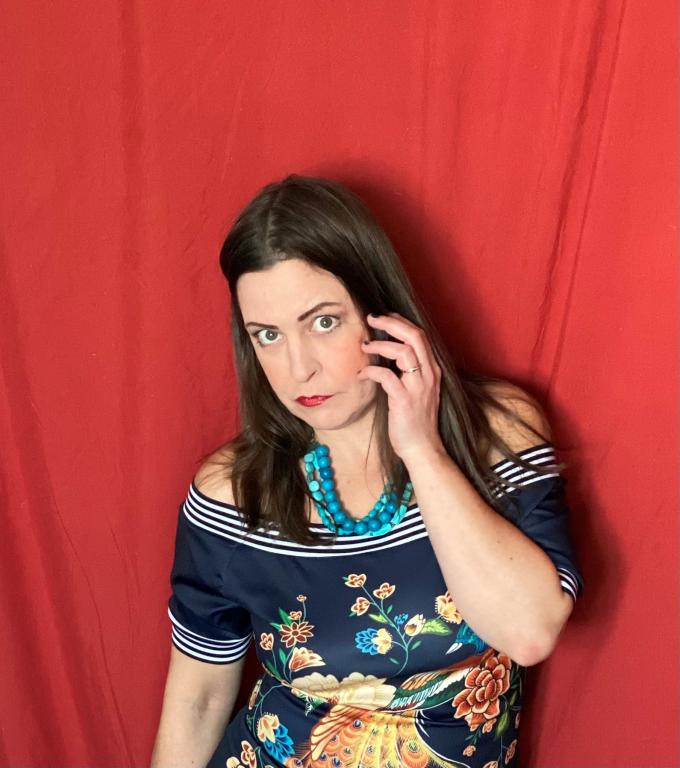
Who am I to you? Who do you want me to be? I find myself asking these questions when I begin embarking on a deeper, more intimate dimension of a relationship. These are questions many of us ask of another when we become romantically involved. These two questions parallel the great questions we ask of the universe: Who Am I and What is my purpose?
We want to know of our purpose in another person’s life because it adds to our purpose. Other people provide substance and add to the answer to the latter questions.
This helps us define our design. And for simplicity, comfort, and reassurance, we want our relationships defined. Unfortunately, in an attempt to define the relationships, we tend to confine them. I have even gone as far as to call these confinements “boundaries.” Upon deeper reflection, however, I can see that, while boundaries are necessary and helpful to all relationships, sometimes what I defined as a “boundary” was more or less just a fickle defense against disagreement or discomfort.
The tricky thing about all relationships is that sometimes, discomfort arises when new information is presented. The disagreement begins to reveal itself the more we reveal ourselves to one another. We aren’t actually all the same, but we tend to lean into one another in that magnetic attraction because of sameness, don’t we? And while I agree that having things in common is an exceptional benefit to a friendship, it is not a requirement. If there are any requirements for a relationship, it would be that of acceptance, especially during times of disruption and disagreement.
Now many will protest. We have a right to cut people out of our lives if they hold immoral views. Ergo, I have a right to stop being friends with a Trump (or Biden) supporter. This is one of those fickle defenses that we claim is a boundary but it’s really just an excuse to end friendships over dumb shit. I know it because I have done it. I almost did it again, today.
I recently wrote about how my friend went to D.C. to participate/spectate in the January 6th rally. Then, and today, I considered just ending my friendship with him. All over a disagreement. And really, although we probably agree on wanting the same things for the world, like love, peace, and unity, we have a different idea about how one gets to that. I sense that is what most of our disagreements are about in general when we find ourselves confronting friends over beliefs and values. Our views reveal how we like to solve problems. And at the end of the day, we all just use different math. Now some believe we ought to use the same math, and in a lot of instances, I agree. But relationships aren’t equations and the formulas for relationships vary with each pairing.
There are formulas that work universally, however, like a conversation. Talking things out with someone, wherein you can at the very least, hear one another’s voices on the end of a phone or video chat, can help provide a tone that is necessary when there are conflicts. I called my friend and explained why I was feeling reactive. The most important dynamic at play within a conversation is two-fold. Listening to what is being said and repeating back to the speaker what the listener has heard. It is here that friends can make sure they are on the same page. My friend listened without interrupting, and when I was finished talking, he told me what he heard me say. Once we established that frequency of understanding, the rest of the dialogue at play was an oscillation of listening and understanding and asking questions, and waiting for responses.
Even more beneficial to a conversation is touch. Hugs, caresses, pats, holding of hands, even just being able to look into one another’s eyes or be able to watch their body language as the conversation unfolds, all of this adds so many more meaningful and disarming layers. These layers help insulate the connection and relationship during disagreement and conflict.
Lost Connection
I have lost many connections simply because the voice was missing. Often, in the social media world, we can develop strong, intimate connections with other people, formed from mere text exchanges that may even progress to meeting in person. Sadly, however, much of those relationships end the way they are formed, with reactionary text, lacking any physicality or even a tone of voice. So much can be misunderstood when we limit ourselves in conversation.
I have had many contentious arguments with friends that have brought us closer. And it was because we added layers to the insulation. We took what may have started via text communication to other dimensions to sort it all out. By phone, video chat, and in-person, I have disagreed with friends about politics, religion, economics, philosophy, food, abortion, music, movie reviews, parenting, race—which is such a challenge when your friends have darker shades of skin than you, death, belief in God, astrology—everything. A disagreement with additional layers of communication doesn’t have to equal devastation. In fact, I believe we deepened our relationships because we could hear one another’s tones of voices, could reach out and touch each other on the shoulder, or grab a hand, or even show our feelings with body language. All those elements combined really add so much color and texture to a conversation that it almost acts like a big shield, protecting the bond from destruction. In some instances, I don’t think I would have developed the closeness I have with many of them had it not been for disagreements and disputes in our friendship.
Of course, there are several occurrences where there wasn’t even the possibility to add layers to the exchange so that an understanding could take place. I had developed a really intimate friendship with someone a few years back and I was really excited to see what our journey would unfold for us. We were collaborating on similar work, we shared similar ideas about the universe. It was a good friendship, I thought. We had one disagreement. One emotive and reactive entanglement, and poof- it was over, just like that.
Maybe it’s just me, but friendships are like romantic relationships in that we can hold space for disagreements, arguments, and even loud fights. These relationships don’t have to end simply because one discovers the other voted for someone they don’t approve of, or because one participated in some consumeristic expedition that the other finds to be unethical. It seems to me that we are more concerned with learning how to evade and end friendships than we are with creating them and watching them grow and transform.
When I look back on so many friendships that ended, it was really about ideas that each of us held as important. Ideas. Not because someone was killing people or hurting people. It wasn’t about any action either of us was taking. It was about simple thoughts in our heads that didn’t amount to anything other than words. Fickle, right?
Why can’t we look past words and ideas? Why do we let intangible psychic pieces of nothing get in between the positive experiences we have shared with another? Aren’t actions to speak for something louder than what words can conjure? Isn’t the way we treat one another when we are face-to-face most important? Isn’t it about the way a person makes us feel—seen and heard—that we hold of value? Why do we let thoughts define a person without considering their actions?
We mustn’t let ideas get in the way of relationships so easily. I know very well that there are some ideas that we don’t want to see come to fruition. I am not suggesting we ignore very real threats that may lay before us if we continue connections with people that hurt us. But I am asking, do we really always need to find a way to separate ourselves from others with the frequency in which we do?
More on Friendships, Relationships, and Conversation:
Are we Breaking Up?
Maybe Negativity Can Be Nourishing?
How Criticism Can Lead to Connection
















